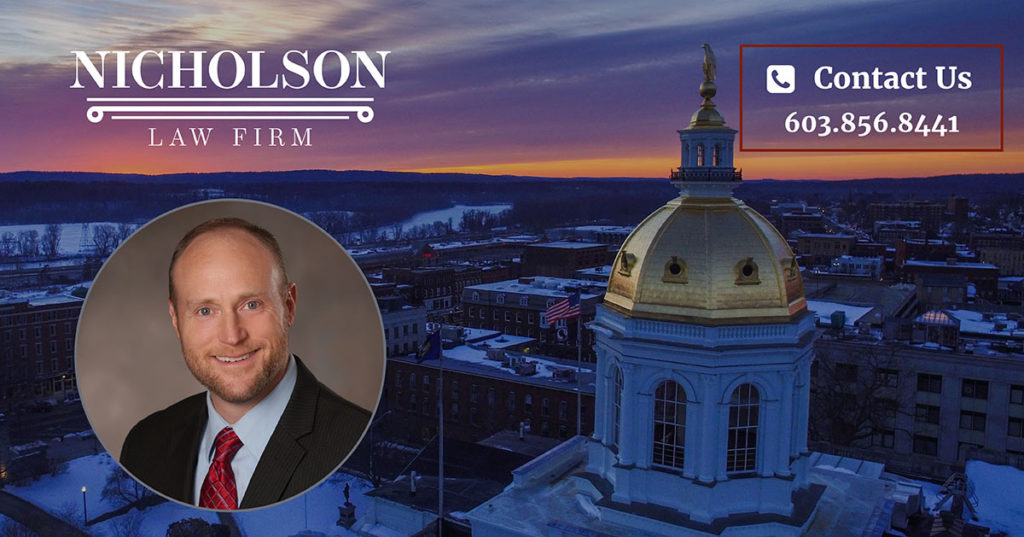New Hampshire Comparative Fault Law
Question: The car insurance adjuster says I have comparative fault. What does that mean?
New Hampshire follows a rule of law called comparative fault in tort cases. Under this law, a jury may determine that your injuries were the result of the legal fault of the defendant (i.e., the person you believe caused you harm), the legal fault of you, or to some degree, the legal fault of both you and the defendant.
Under comparative fault law, if you, as the plaintiff, are more than 50% legally at fault for the accident then you cannot recover damages arising out of the accident. If you are 50% or less legally at fault, then you can recover damages—but only in proportion to the amount of the defendant’s legal harm.
For example, suppose a jury determined that you were 51% legally at fault for an accident. In that case, you would recover nothing. On the other hand, suppose you and a defendant were each found 50% legally at fault and the total of your damages were found to be $1,000.00. In that case, you would recover $500. Thus, even if a jury finds you and the defendant equally at fault, you would still be entitled to recover damages caused by the accident, but then your damage award will be reduced in half.
Importantly, the defendant has the burden to show the plaintiff was legally at fault to some degree for any comparative fault to apply. Said another way, the defendant must prove that you failed to exercise care and that such failure was a substantial factor in bringing about your injury. Only then will the jury be required to “apportion fault,” assuming the jury first found that you proved that the defendant was legally at fault to any degree.
New Hampshire car accident law can be difficult to understand. It is important to call Nicholson LeTourneau, PLLC today at 603-856-8441 or email now at contact@nicholson-lawfirm.com for a free case evaluation. We work hard to obtain the compensation you deserve. At Nicholson LeTourneau, PLLC we take the time to explain the law to you. Contact us today for a free consultation.

